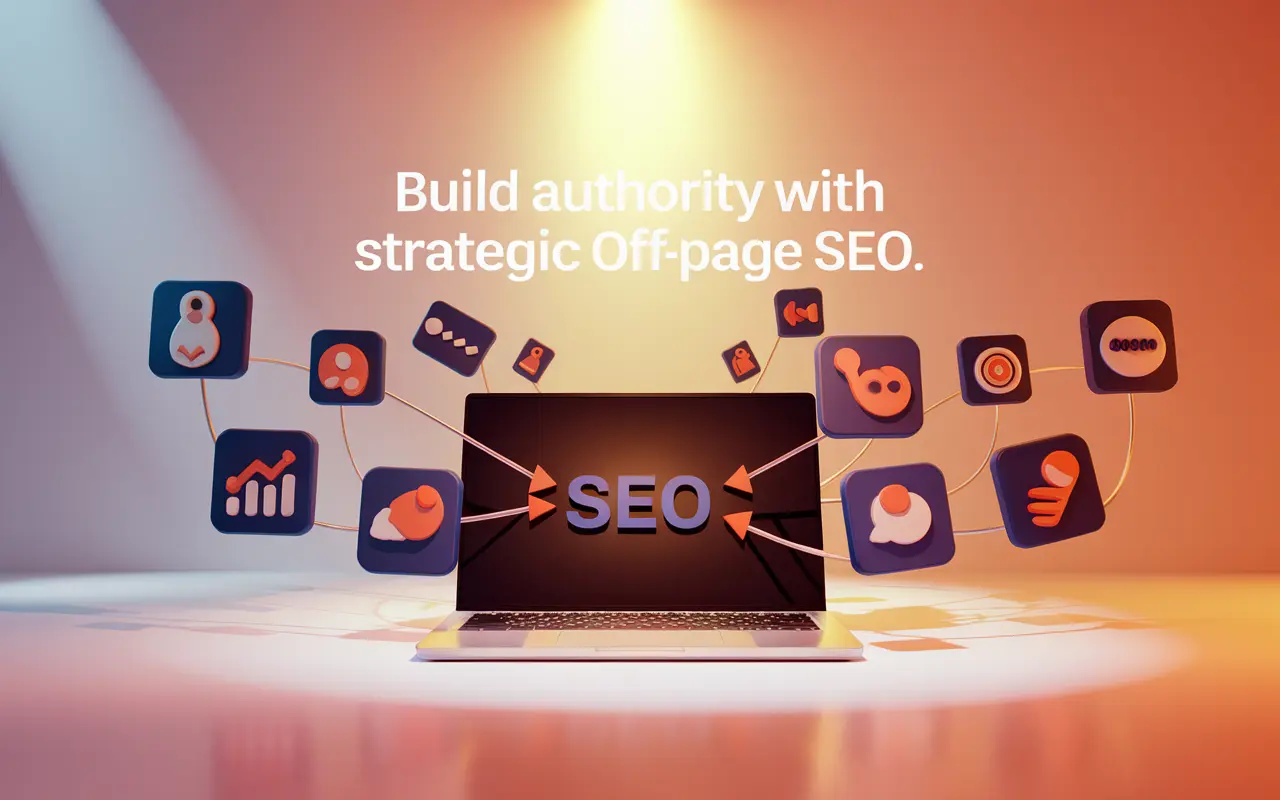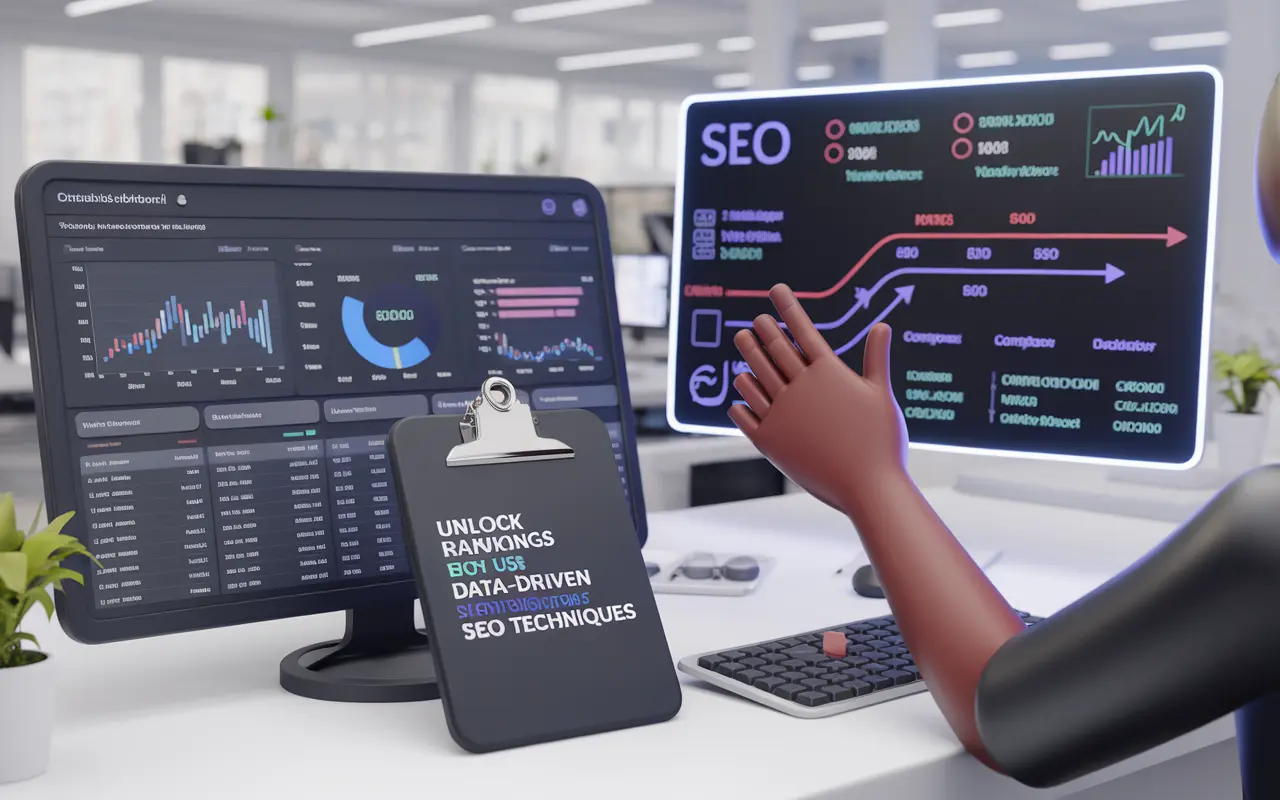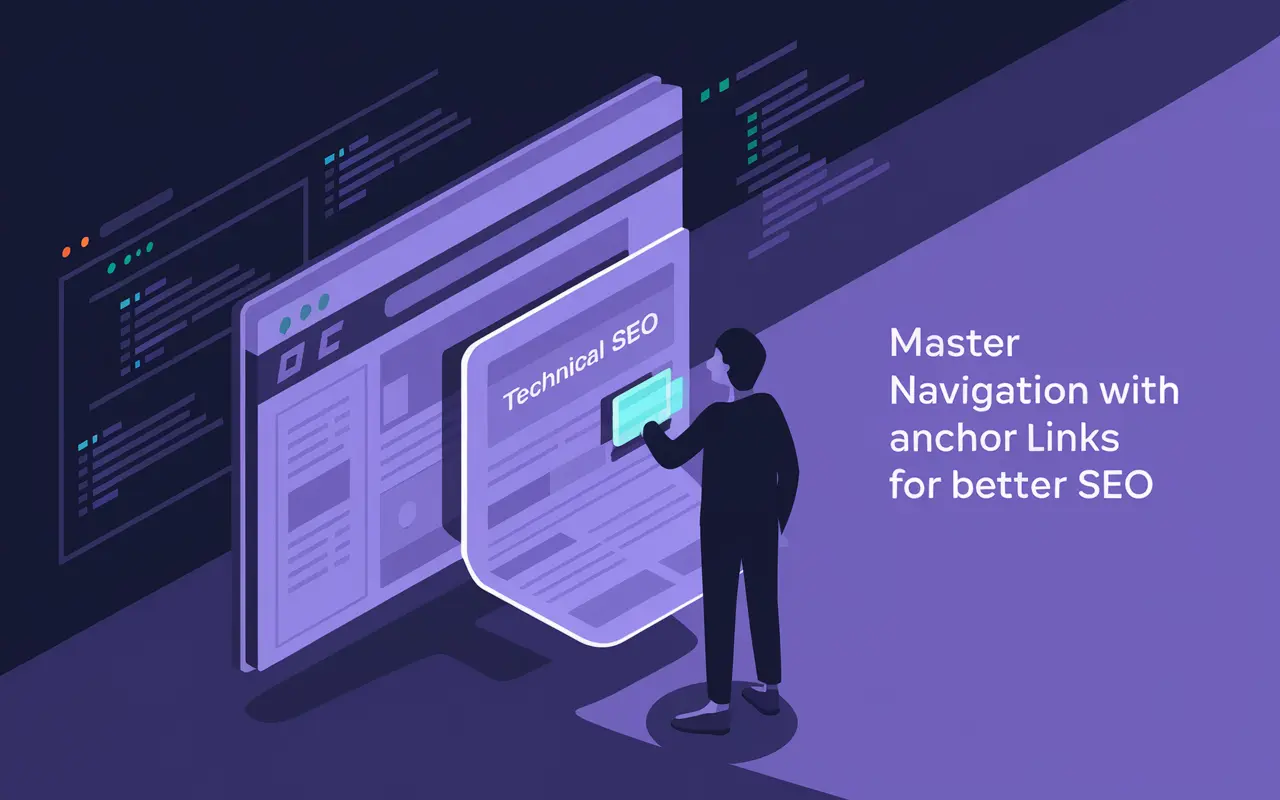What is Off-Page SEO
Off-Page SEO refers to all optimization activities that occur outside your website but significantly impact your search engine rankings. Unlike On-Page SEO, which focuses on improving individual website pages, Off-Page SEO strengthens your website’s credibility and reputation across the web. These activities include backlink building, social media marketing, influencer outreach, brand mentions, and more.
Understanding Off-Page SEO is crucial because search engines like Google use external signals as indicators of your site’s trustworthiness, authority, and popularity. When incorporated effectively into an overarching SEO strategy, Off-Page SEO can increase your website’s visibility, improve organic rankings, and ultimately drive business growth through better search engine presence.
Definition
Off-Page SEO is the strategic process of optimizing factors beyond your own website to improve its ranking in search engine results pages (SERPs). These factors include quality backlinks, online reputation, social signals, mentions, and user behavior. The goal is to earn signals that show search engines your content is trustworthy, authoritative, and valuable to users—even if those signals originate outside your domain.
Key Takeaway
Off-Page SEO is essential for establishing your website’s authority, trust, and relevance, helping you achieve higher search rankings and long-term organic growth.
Importance for SEO
Off-Page SEO plays a vital role in the overall SEO strategy. While On-Page SEO ensures your site is technically and contextually optimized, Off-Page SEO helps search engines determine how the rest of the internet perceives your website. A strong Off-Page SEO profile signals trust and authority, leading to better rankings, higher click-through rates, increased brand recognition, and ultimately more traffic and conversions.
Best Practices
- Link Building: Build high-quality, relevant backlinks from authoritative websites through guest posting, broken link building, and outreach.
- Social Media Engagement: Share content consistently across platforms to increase visibility and encourage sharing, which indirectly benefits SEO.
- Online Reputation Management: Monitor and improve online reviews, especially on platforms like Google Business, Yelp, and Trustpilot.
- Influencer Outreach: Collaborate with industry influencers to generate backlinks, mentions, and traffic.
- Brand Mentions: Earn unlinked brand mentions across forums, news outlets, and blogs—these still send trust signals to Google.
- Content Marketing & Syndication: Publish high-value content on third-party platforms like Medium, Reddit, or LinkedIn to expand reach and gain backlinks.
How Off-Page SEO Works
Off-Page SEO works by building digital trustworthiness and authority signals through activities that occur beyond the boundaries of your website. Here’s a simple breakdown of how it functions:
1. Link Building
Search engines use backlinks as ‘votes of confidence.’ The more high-quality backlinks you have, especially from authoritative sites, the more credible your content appears to search engines.
2. Social Signals
Although not direct ranking factors, social engagements (likes, shares, comments) increase content exposure, which can result in more backlinks and mentions.
3. Authority Signals
Google uses metrics like Domain Authority and PageRank to determine site reliability. These are influenced by backlink profiles, brand mentions, and user interactions on third-party platforms.
| Off-Page SEO Activity | Purpose | Impact on SEO |
|---|---|---|
| Backlink Building | Increase website authority | Boosts SERP visibility |
| Social Media Marketing | Gain exposure & traffic | Enhances brand trust |
| Brand Mentions | Build recognition | Validates credibility |
| Influencer Outreach | Expand reach | Drives referral traffic |
Case Study: Boosting Rankings with Strategic Off-Page SEO
Problem: Low Domain Authority & Minimal Backlinks
A mid-sized e-commerce website struggled to rank beyond page 2 for highly competitive keywords due to poor backlink profile and low domain authority (DA 18).
Solution: Implemented Targeted Off-Page SEO Campaign
The digital marketing team developed a 3-month Off-Page SEO plan that included guest posting on relevant industry blogs, influencer partnerships, and strategic social media marketing to encourage link building.
Results: 72% Increase in Organic Traffic & 200% ROI
The site’s domain authority jumped to 31, they earned 120+ high-quality backlinks, and their organic traffic increased by 72%, resulting in a 200% return on investment from SEO-related sales within 4 months.
Common Mistakes to Avoid
- Buying Low-Quality Backlinks: This can get your site penalized by Google rather than helping your SEO.
- Focusing Only on Quantity: More links aren’t always better. Prioritize relevance and authority over volume.
- Ignoring Anchor Text Diversification: Using the same anchor text repeatedly can trigger spam filters.
- Neglecting Social Platforms: Not promoting your content on social media reduces potential exposure and sharing opportunities.
- Over-Optimizing Link Profiles: Artificial link patterns can be easily detected by search algorithms.
Related Terms
On-Page SEO: Refers to optimization techniques performed directly on your website, such as meta tags and content structure.
SEO Audit: A detailed analysis that examines all technical, On-Page, and Off-Page SEO factors impacting your website’s performance.
Technical SEO: Focuses on backend optimizations like site speed, mobile-friendliness, and structured data.
Conclusion
Off-Page SEO is a critical element of any comprehensive SEO strategy. It amplifies your content’s reach, builds trust across digital platforms, and plays a vital role in improving rankings in organic search. By implementing proven best practices and avoiding common pitfalls, businesses can enhance online visibility, drive meaningful traffic, and build a sustainable web presence. Explore more ways to integrate Off-Page SEO into your overall digital marketing plan on our site.





